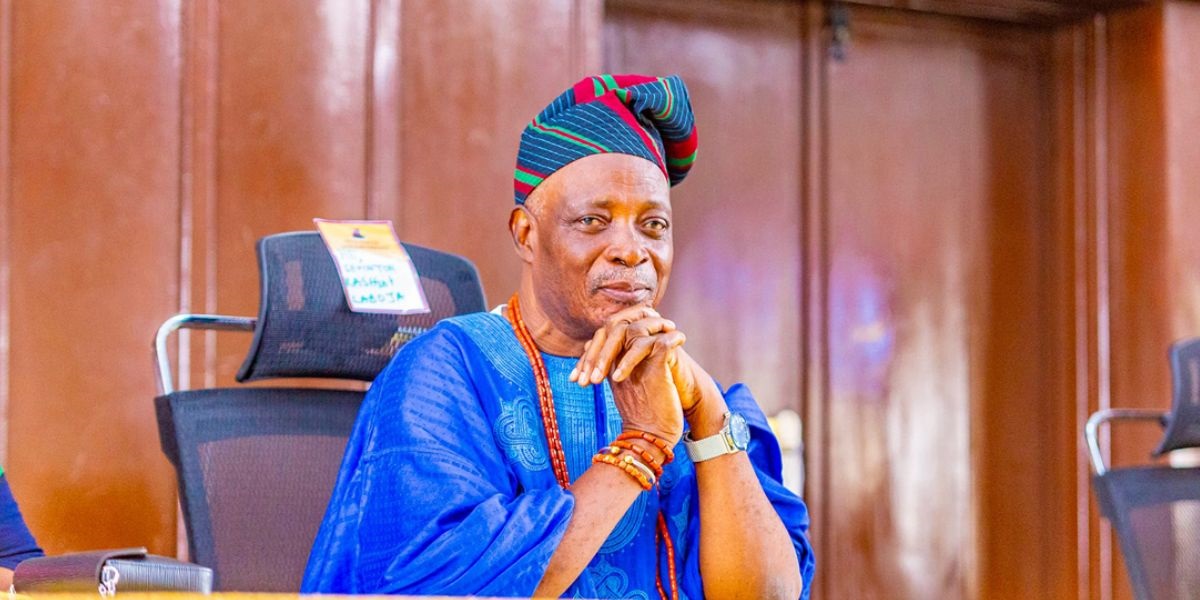SENIOR Special Assistant to President Bola Tinubu on the Sustainable Development Goals (SDGs), Princess Adejoke Orelope-Adefulire, has restated the Federal Government’s commitment to making Nigeria a permanent member of the United Nations Security Council.
She stated this during a symposium in commemoration of this year’s International Day of Peace, themed ‘Advancing Peace Through the SDGs,’ at Yakubu Gowon University, Abuja.
Citing Nigeria’s numerous contributions to global peace and security, Orelope-Adefulire said President Tinubu will not give up on the ambition to become one of the five permanent members of the UN Security Council.
“We have been canvassing that we should be made one of the five permanent members of the UN Security Council.
“We will continue to drum support for it because within the last eight years especially, Nigeria has participated in several UN peacekeeping operations across the globe, within Africa and other parts of the world, and it means that we are a major player in global peace promotion,” she said.
Represented by her Technical Assistant on SDGs, she said that Nigeria has been contributing to the UN with men on the ground and resources to make sure that there is global peace.
Vice Chancellor of the university, Professor Matthew Adamu, explained that the SDGs are a universal call to action to end extreme poverty, safeguard the planet Earth, and ensure that all people enjoy peace and prosperity by the year 2030.
He noted, “At the heart of the SDGs is Goal 16, which preaches peace, justice, and strong institutions, and this is what we are trying to advance through this symposium.”
Professor Adamu commended the NSCDC for advancing the global call for peace through the various peace programmes it is promoting, including the Walk for Peace and the Peace Symposium.
Earlier, NSCDC Commandant of the Federal Capital Territory (FCT), Dr. Olusola Odumosu, noted the quest for peace by Nigeria, because of the threats of violent extremism, communal conflicts, cybercrime, and environmental degradation, as well as poverty, inequality, and youth unemployment, among others.
He called for the promotion of peace to address these challenges, insisting that “without peace, development becomes elusive; without development, peace becomes fragile.”
Commandant Odumosu said that the NSCDC plays a pivotal role in creating an environment where development can thrive through its core mandate of safeguarding critical national assets and infrastructure, and protection of lives and property in collaboration with other stakeholders in conflict prevention and resolution.
Speaking on the importance of climate justice to the SDGs, Professor Patricia Taiwo, a lecturer at the university, is of the view that enduring climate justice is critical to building structures that can prevent violence and sustain peace.
According to her, “Peacebuilding is a long-term and comprehensive process aimed at preventing, managing, and resolving conflicts, establishing sustainable peace by addressing root causes.
“This involves developing constructive relationships across Nigeria’s diverse ethnic groups.”
Emphasizing the integral link between climate justice and the realization of peace through the Sustainable Development Goals (SDGs), she said, “The goal of environmental security is to prevent conflict while promoting sustainable resource management,” because environmental issues, such as climate change and resource scarcity, pose threats to human well-being and can lead to conflict.






